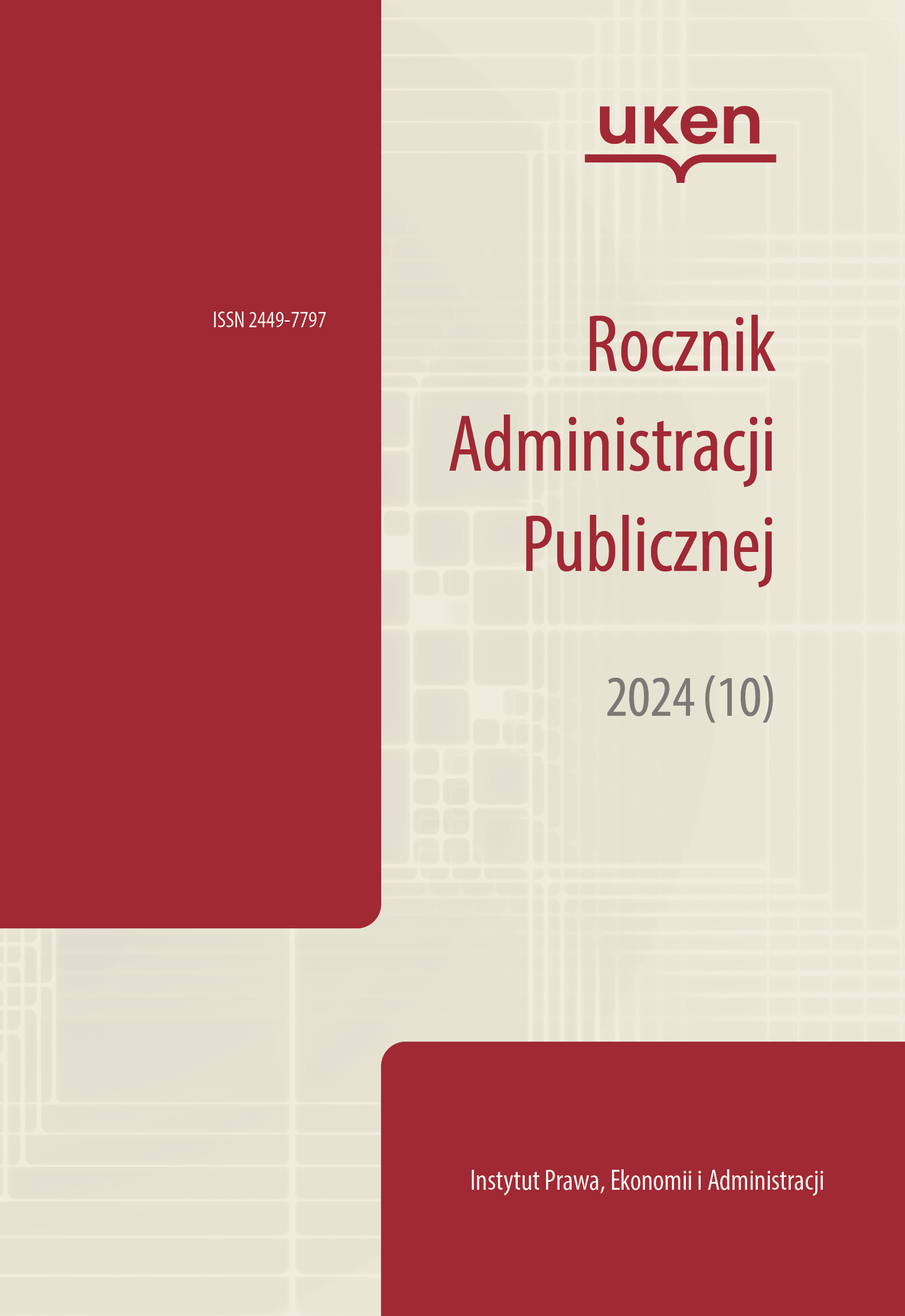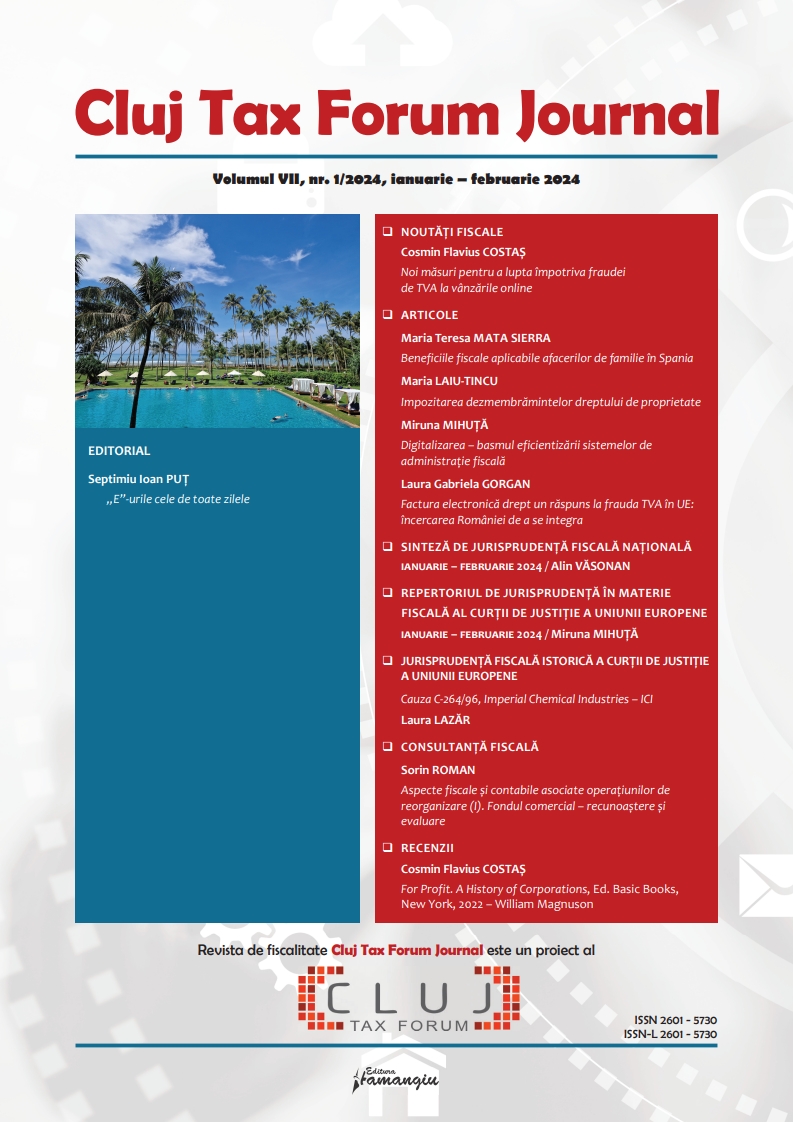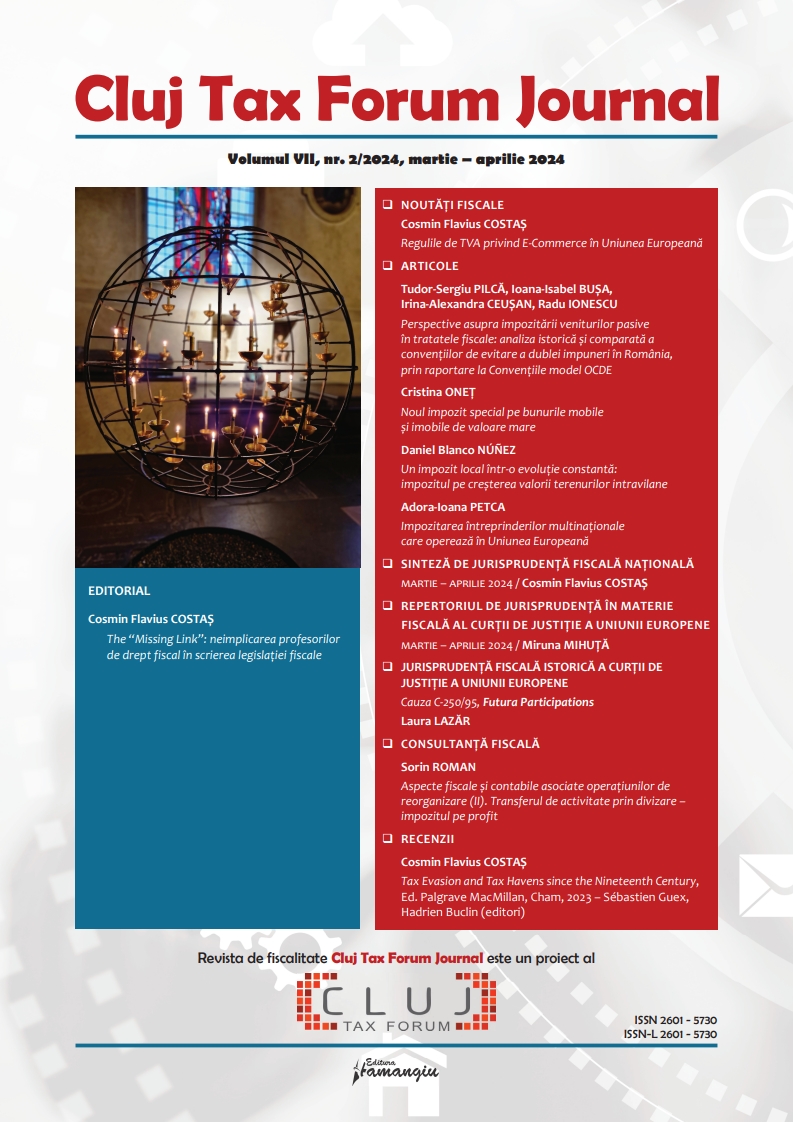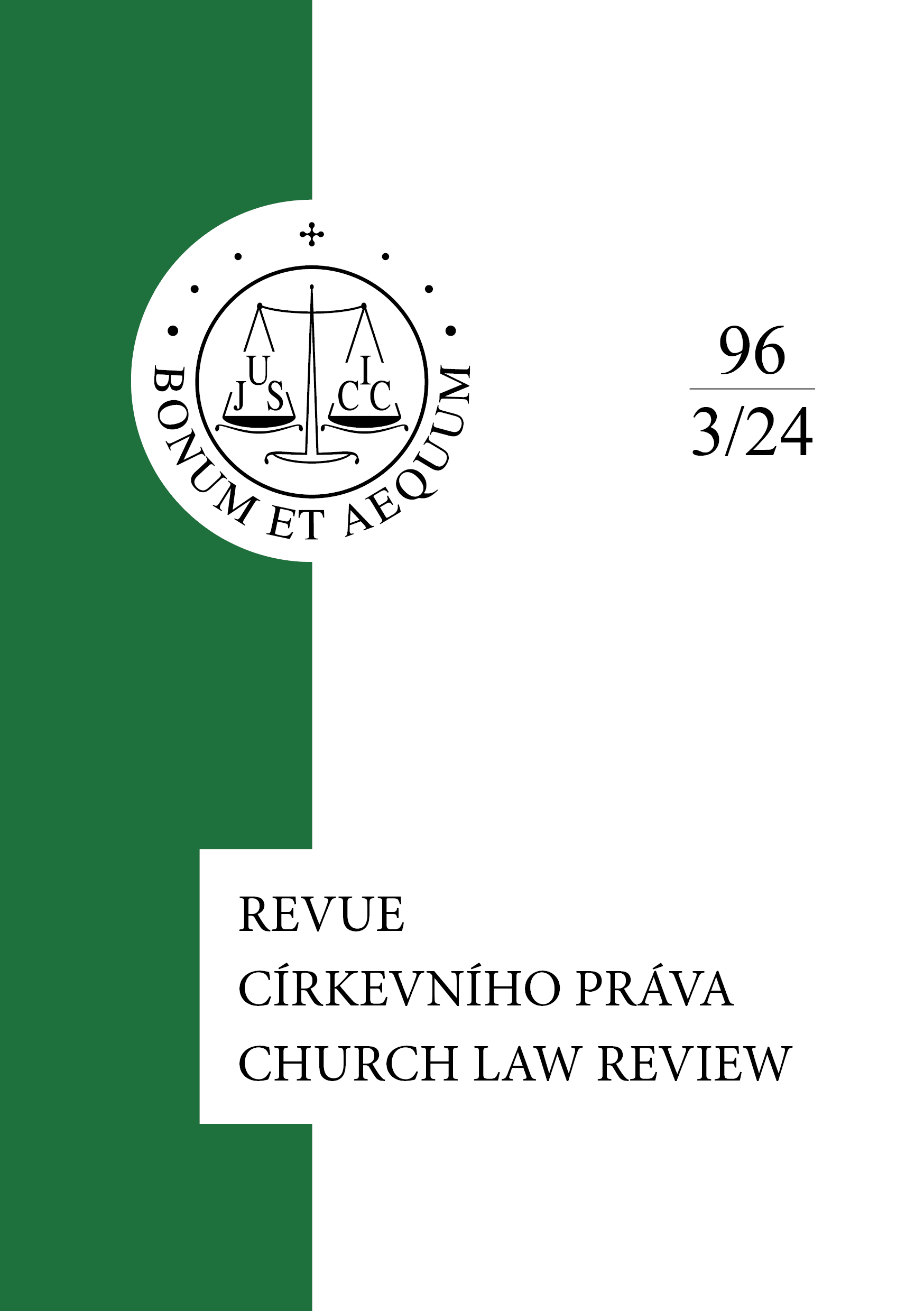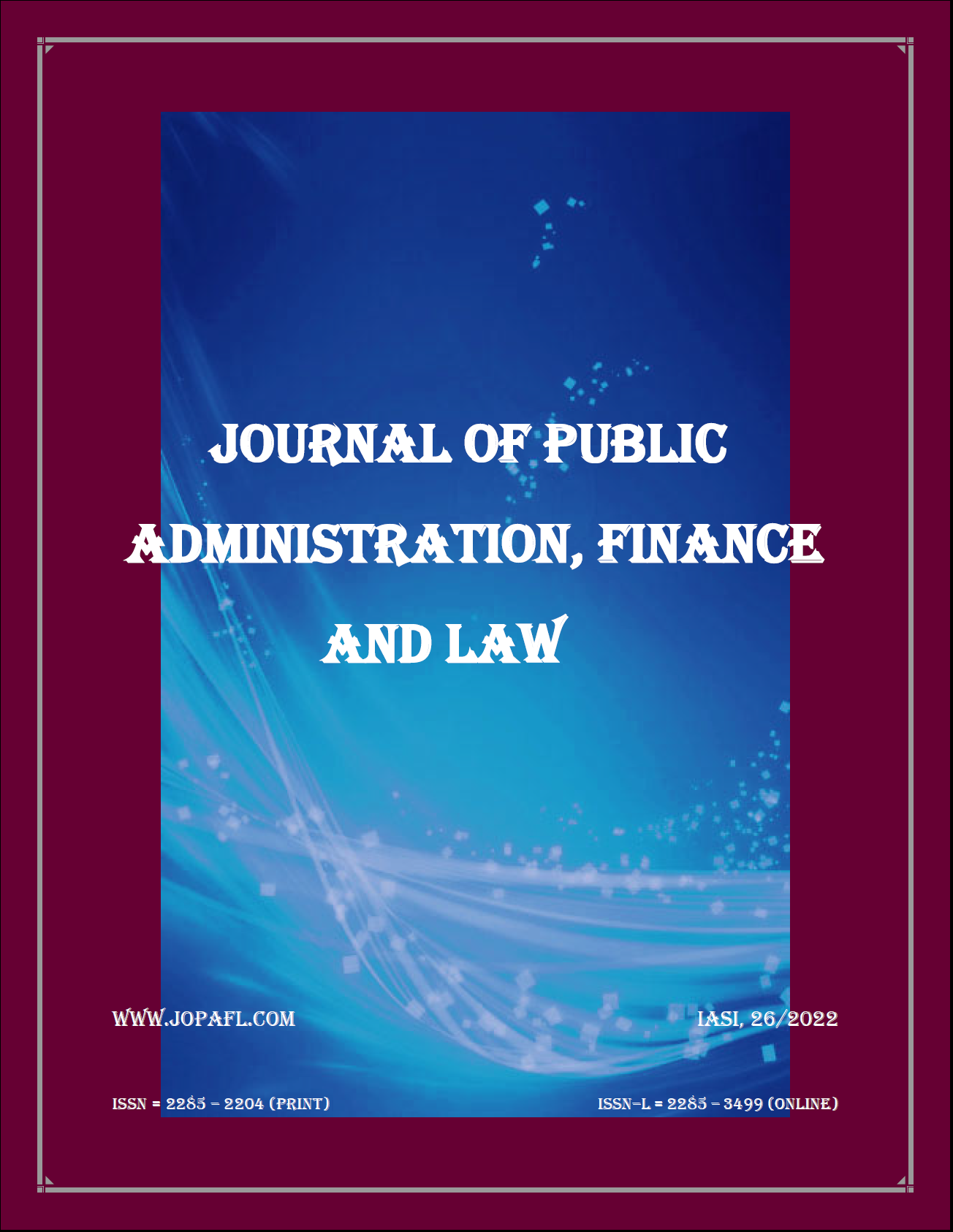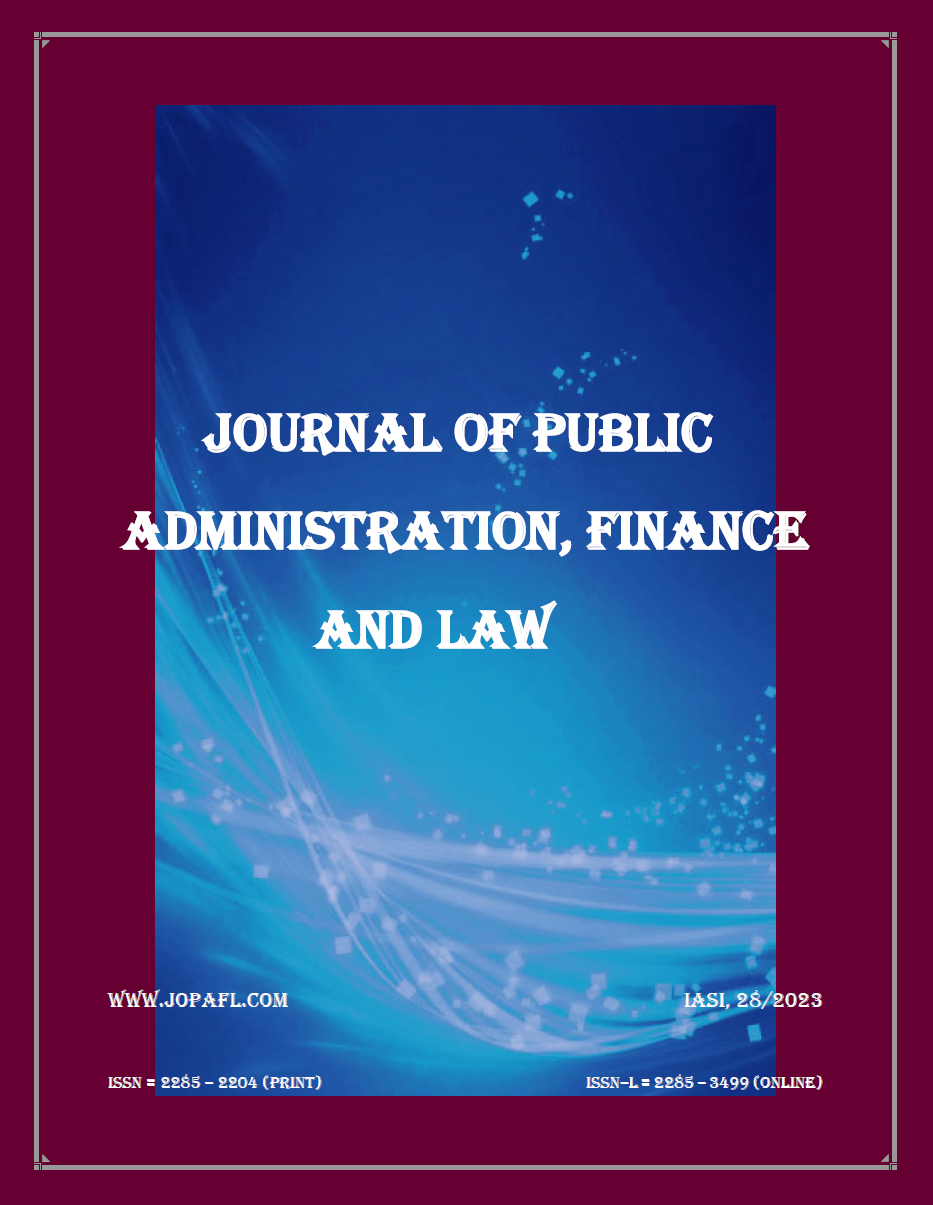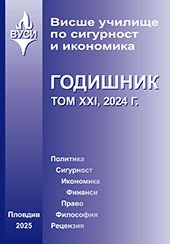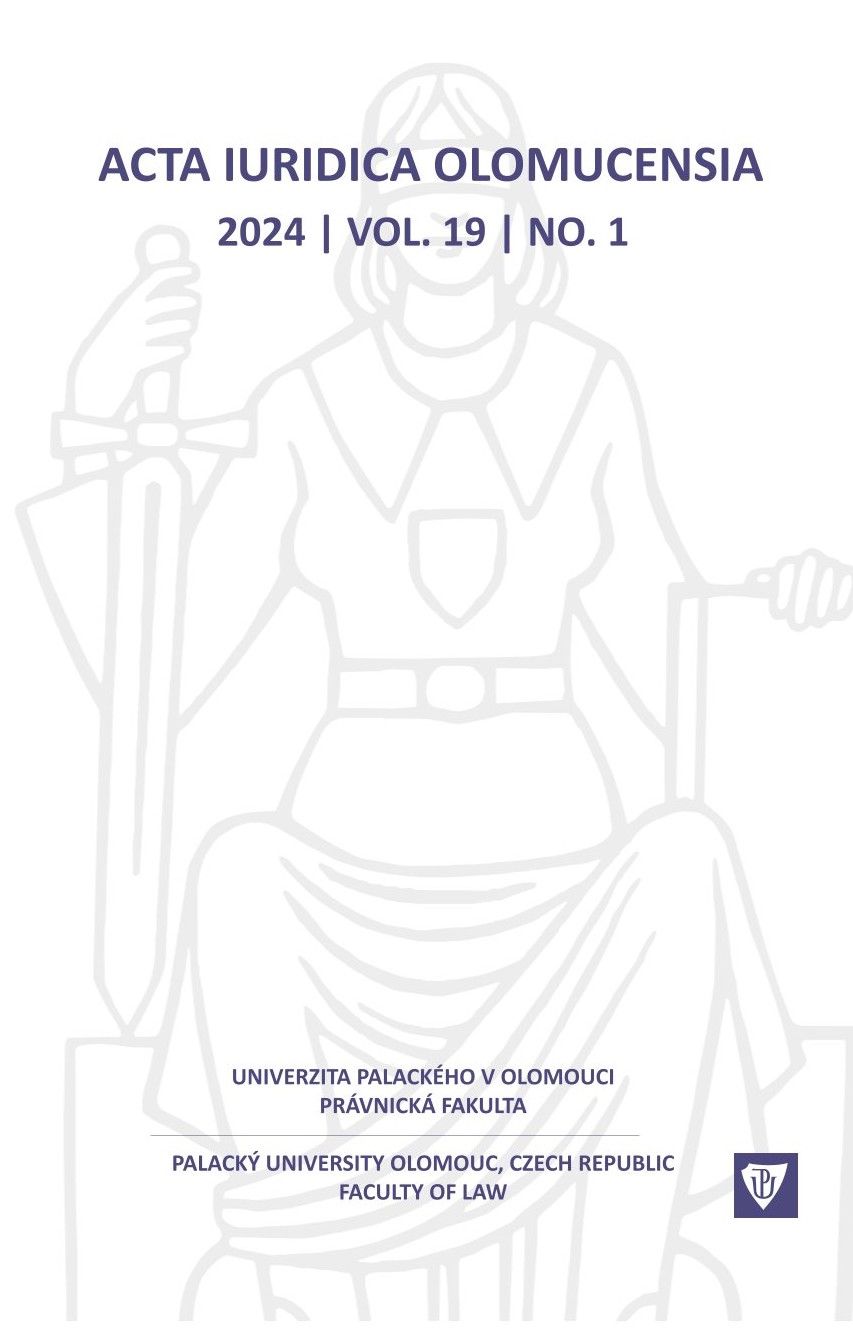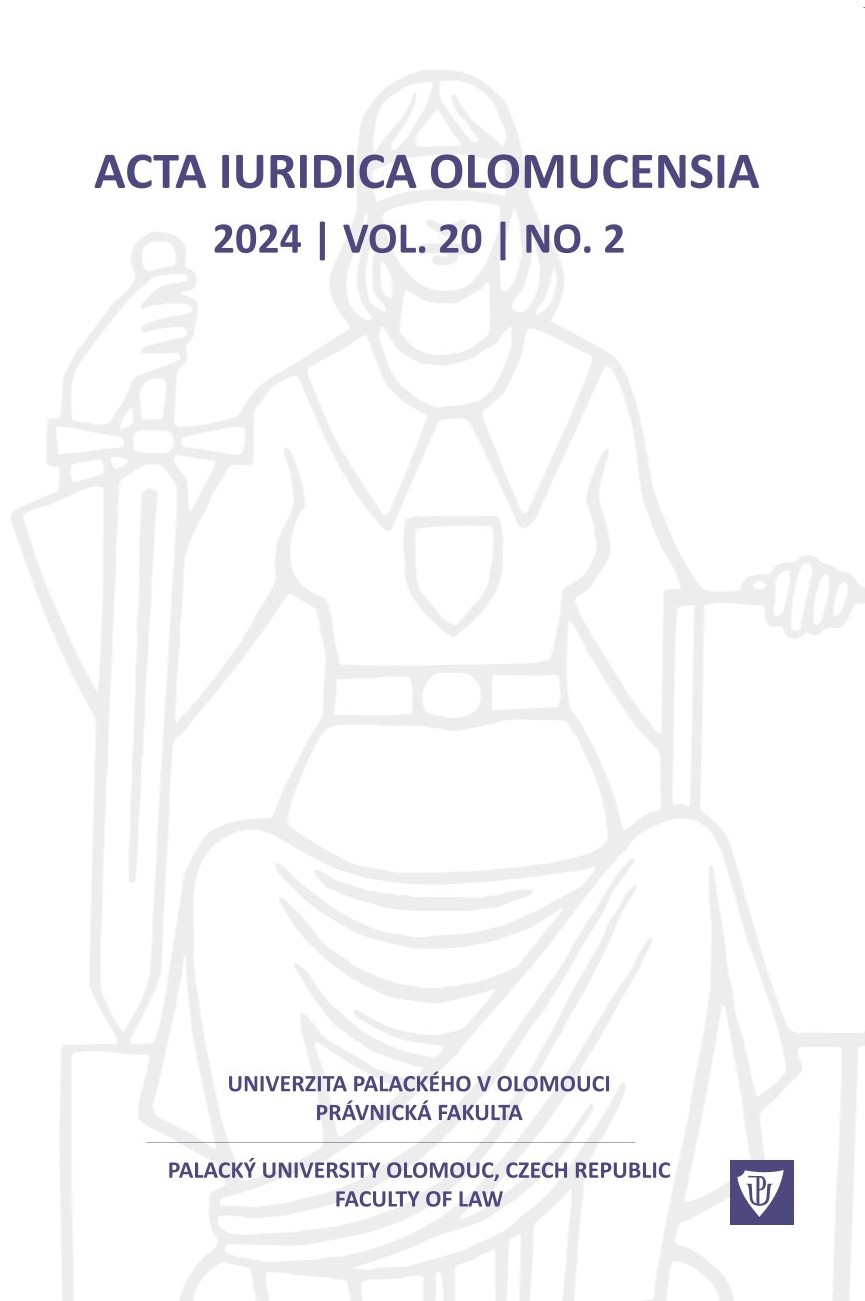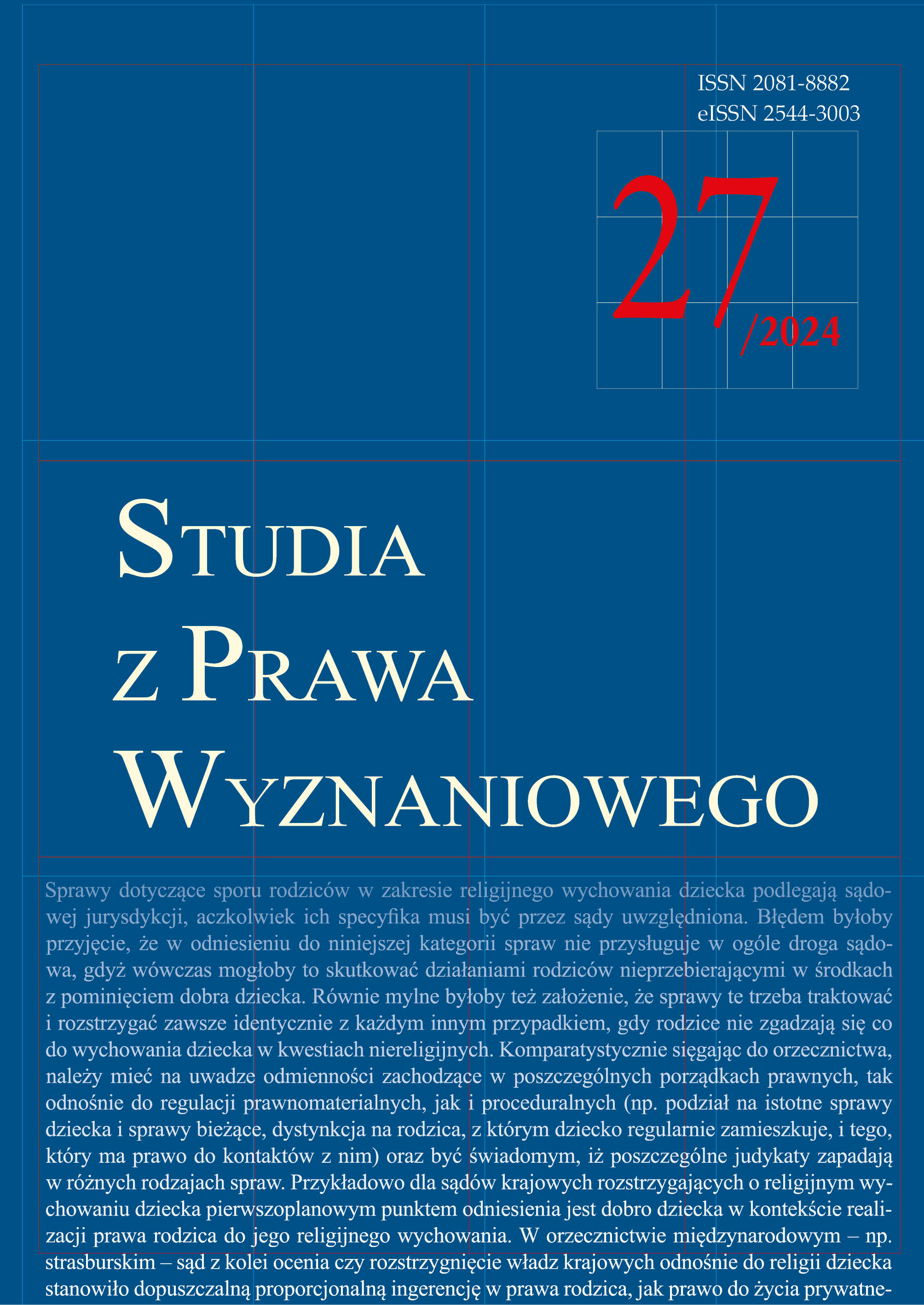
Urząd do Spraw Wyznań w świetle najnowszych badań naukowych
The following text aims to present the latest academic research on the Office for Religious Affairs (Urząd do Spraw Wyznań). It analyses the most important scholarly publications on the subject that appeared between 2018 and 2024, including studies on central structures, provincial agencies and biographical texts. The last part of the article discusses the most important directions in which further research should be conducted. Since 2018, there has been a very significant increase in the interest of researchers (both historians and lawyers) in the problems of the functioning of the office. Among other things, innovative works on the international activities of the religious apparatus and several publications on the provincial structures of the office have been published. Further research should be directed towards greater interest in the headquarters of the Office for Religious Affairs, the biographies of those who have held managerial positions in the office and the synthesising of research on individual religious affairs departments.
More...
